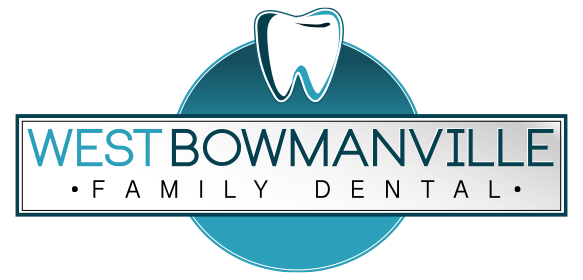GERD or gastroesophageal reflux disease is a common condition that can be uncomfortable at best and which is frequently extremely painful. Most people have experienced at least an occasional episode of GERD, perhaps after eating specific foods or when they have overindulged too much.
What Is GERD and Why Does It Occur?
The painful burning sensation of GERD is caused when strong stomach acid flows backwards, up the esophagus and into the mouth. Usually, there is a muscle at the bottom of the throat which acts as a one-way valve, preventing stomach contents and acid from moving back up to the mouth. When the muscle isn’t working correctly, stomach acids can pass back up into the esophagus, causing that characteristic burning feeling in your throat or chest.
When this occurs twice a week or more, it is usually diagnosed as GERD. Others may have this condition but don’t necessarily experience noticeable symptoms so their acid reflux will go undiagnosed for some time. Getting a diagnosis and treatment is crucial because GERD can gradually damage the lining of the esophagus, potentially causing precancerous cells to develop which is a condition called Barrett’s Esophagus. Also, GERD can affect your oral health. When your teeth and gums are repeatedly exposed to acid, it will eventually damage them. It could be that your dentist in Newcastle is the first person to notice signs of GERD.
How Can GERD Affect Oral Health?
One sign of acid reflux is tooth erosion because repeated exposure to acid weakens and breaks down the tooth enamel coating your teeth. Unfortunately, you might not initially notice how your teeth have been affected and especially because GERD most frequently causes erosion on the inner surfaces of your upper teeth. These teeth may become thinner, more sensitive to hot and cold foods, and they may look sharper and pitted or yellower. A study in 2014 discovered a strong link between acid reflux and chronic periodontitis which is advanced gum disease. Chronic periodontitis can inflame and infect the gums, gradually destroying the structures supporting your teeth so that eventually they become loose and you might be facing tooth extraction in Courtice.
Protecting Your Teeth against Acid Reflux
If you do suffer from GERD, there are lots of things that can help protect your teeth and gums. Try chewing sugar-free gum which helps stimulate your mouth, so it produces more saliva, neutralizing acids in the mouth. Also, saliva contains minerals that help to restore and strengthen your tooth enamel. If you can, choose chewing gum with xylitol because this helps to interfere with the way the acid affects tooth enamel, helping to minimize damage.
After you have an episode of GERD, rinse your mouth with water but wait a while before brushing your teeth. Immediately afterwards, your tooth enamel is softer but waiting a while gives your saliva a chance to neutralize the acid and to help restore some of the minerals in your tooth enamel, strengthening the enamel.
Our dentist here in Clarington can also help you, so next time you visit West Bowmanville Family Dental, ask us for advice about using fluoride toothpaste or using fluoride mouth rinses that can help to strengthen tooth enamel. Additionally, your GP might prescribe something to help or will recommend an over-the-counter medication, so be sure to tell us if you are taking medication for GERD. They can also discuss other lifestyle changes that could be useful. Some people find avoiding spicy foods, caffeine or alcohol is useful, or eating several hours before bedtime could help.

